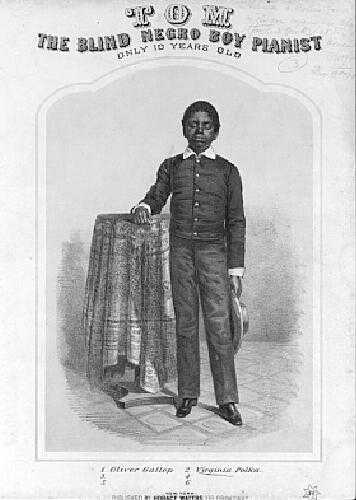
Figure 1.--Here is an early image of Tom at age 10 when he had just began to give concerts.


Figure 1.--Here is an early image of Tom at age 10 when he had just began to give concerts. |
Thomas Wiggins for much of his life was known as Thomas Bethune which was the name of his slave master, "General" James Bethune. (Slave women and their children commonly took the last name of their owner.) The American public came to know him as Blind Tom the negro boy pianist. Thomas was the son slaves Domingo Wiggins and Charity Greene. Thomas was born blind and appears to have also been autistic. It is diificult to properly diagnose Tom's conditionbecause of the limitations of 19th century medecine. He might be called a "autistic savant". In the parlance of the day, Tom was condsidered an "idiot" without value. Bethune purchased the two adults and Thomas was included at no extra cost--quite a irony as he was to prove arguably the most valuable slave in America. Thomas's father was a field hand, but his mother worked in the plantation mannor house and it was here that Tom was introduced to music. Bethune had a large family and all of the children were given music instruction. Thomas was considered an uneducatable child, but his other noticed how he reacted to sounds. She was allowed to being him with her to the manor and there he was exposed to the children and others playing the piano. To everyone's amazement, Thomas without instruction began playing the piano with considerable skill. At age 6 years, Tom was not only playing pieces, but was composing his own pieces. At first Thomas was a local curiosity, used by Bethune to entertain visitors. Then Bethune realized tht they coukld make money off the boy. Bethune engaged instructors to perfect Tom's skills. They were astonished with the boy's abilities. Bethune in 1858 hired out Tom to concert promoter Perry Oliver for $15,000,a very substantial sum at the time. Concerts were given both in the South and North and considerable money made, but of course not by Tom or his parents. Later seeing the money to be made, Bethune began arranging appearance for Tom himself. His son John often accompanied JTom and evetually took over the arrangements. Bethune who published a newspaper in Columbus, Georgia and was an early an voval advocate for sucession. When the Civil War turned against the South, Bethune arranged for his continued control over Tom by signing a contract for a paltry sum with Tom's parents, still his slaves. Tom for hisd part never understood that hewas a slave and thus did not understand when slavery was abolished. Throughout his life, Tom's behavior was childlike. He was managed through offers of candy, cake, and other treats. Court cases determined Tom's status after the War. A black entrpreneur tried to gain control over Tom, but Bethune prevailed in court. Tom Twain was among the many concert goers who became impressed with Tom. When Tom turned 21, his contract with Bethune expired. Bethune then had Tim declared insane and he was appointed guardian. Estimates vary, but it is believed that Bethune made $0.5 million off of Tom.
Interesting;ly Tom's mother with the assistance of Bethune's estrained daughter-in-law persued legal action against Bethune. A Federal court in 1887 finally awarded custody of Tom to his mother.
Schmidt, Barbara. "ARCHANGELS UNAWARE: The Story of Thomas Bethune also known as Thomas Wiggins also known as "Blind Tom" (1849 - 1908).
Navigate the Historic Boys' Clothing Web Site:
[Return to the Main prodigy S-Z page]
[Return to the Main ordinary biography page]
[Introduction]
[Activities]
[Biographies]
[Chronology]
[Clothing styles]
[Countries]
[Topics]
[Bibliographies]
[Contributions]
[FAQs]
[Glossaries]
[Satellite sites]
[Tools]
[Boys' Clothing Home]
